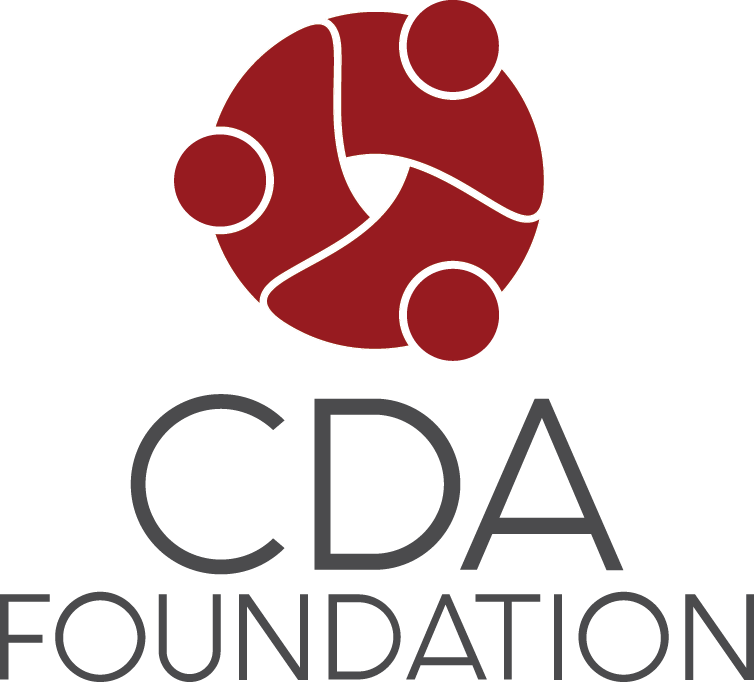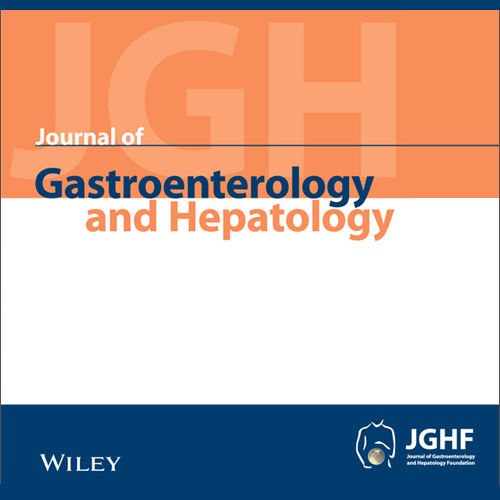Summary
Background & Aim
The treatment of hepatitis C (HCV) with interferon (IFN)-free Direct-Acting Antivirals (DAAs) is anticipated to change the future burden of disease. Aim of this study is to quantify the impact of IFN-free DAAs on HCV-related morbidity and mortality in Greece under different scenarios concerning treatment coverage and primary prevention, including the proposed by World Health Organization Global Hepatitis Strategy.
Methods
A previously described model was used to project the future disease burden up to 2030 under scenarios which includes treatment based on the combination of pegylated-IFN with ribavirin (base case) and scenarios using DAAs therapies.
Results
Under the base case scenario, an increase in HCV-related morbidity and mortality is predicted in Greece (mortality in 2030: +23.6% compared to 2015). If DAAs are used with the same treatment coverage, the number of hepatocellular carcinoma cases and of liver related deaths are predicted to be lower by 4%-7% compared to 2015. Under increased treatment coverage (from 2,000 treated/year to approximately 5,000/year in 2015-2020 and 2,500/year subsequently), morbidity and mortality will decrease by 43%-53% in 2030 compared to 2015. To achieve the WHO Global Hepatitis Strategy goals, a total number of 86,500 chronic hepatitis C patients will have to be treated during 2016-2030.
Conclusions
Elimination of HCV in Greece by 2030 necessitates great improvements in primary prevention, implementation of large screening programs and high treatment coverage.
Countries: Greece

